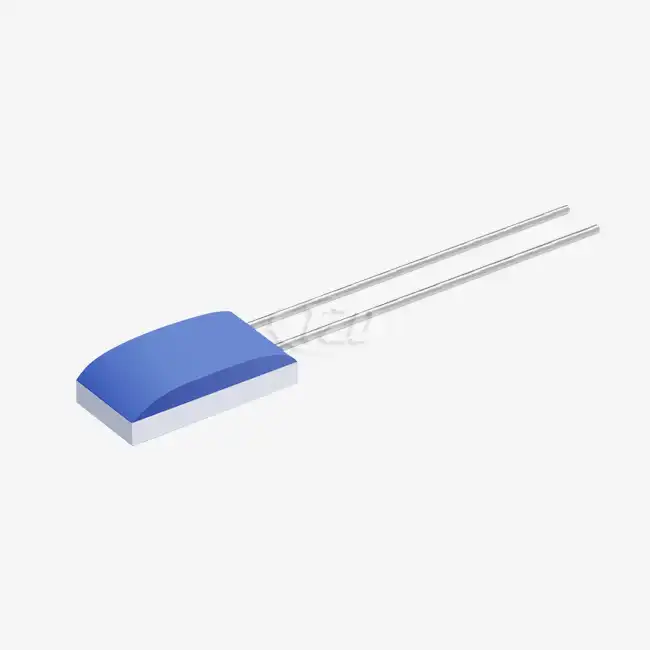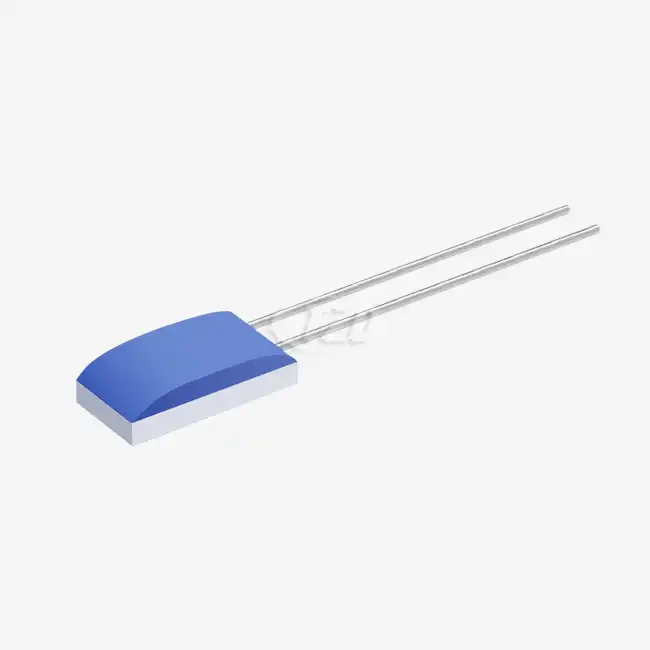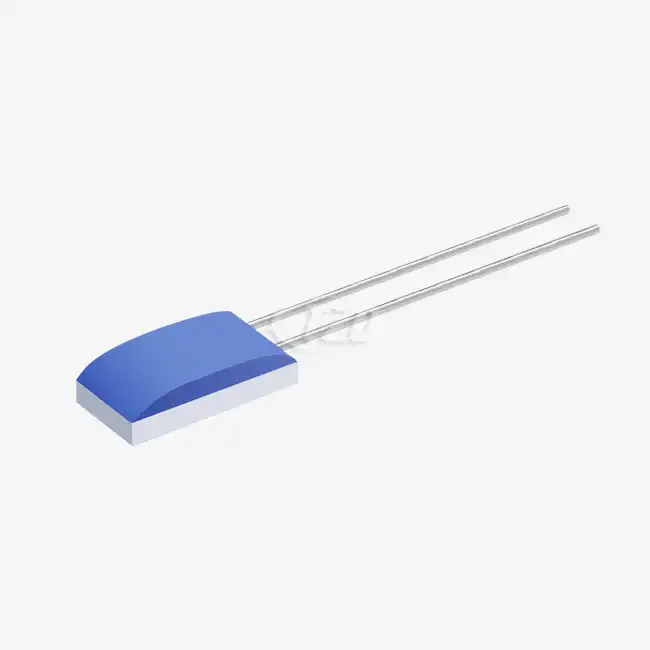The Evolution of Temperature Monitoring in Healthcare
Monitoring body temperature has always played a key role in patient care, offering crucial insights into a person’s health and signaling possible issues early on. Traditional mercury thermometers, while effective, posed environmental and safety risks. Digital thermometers improved upon this, offering quicker readings and enhanced safety. However, the healthcare industry's need for continuous, non-invasive monitoring solutions paved the way for more advanced technologies.
Enter the era of thin flexible temperature sensing films. these cutting-edge devices represent a significant leap forward in temperature monitoring technology. unlike their predecessors, these films can be applied directly to the skin, conforming to the body's contours and providing constant, real-time temperature data. this breakthrough has transformed how patients are cared for, especially in intensive settings where tracking vital signs by the minute can be the difference between life and death.
Advantages of Thin Flexible Temperature Sensing Films
The adoption of thin flexible temperature sensing films in healthcare settings offers numerous benefits:
- Precision Measurement: With temperature measurement grades of Class A (±0.6°C) and Class B (±1.2°C), these films provide highly accurate readings crucial for medical diagnoses and treatment decisions.
- Customizable Dimensions: Sensors can be tailored to specific needs, with dimensions as small as 7mm x 5mm x 0.05mm, allowing for application in various medical devices and on different body parts.
- Wide Temperature Range: Capable of measuring temperatures from -70°C to +200°C, these films are suitable for diverse medical applications, from cryotherapy to high-temperature treatments.
- Rapid Response: With a response time of up to 0.05 seconds, these sensors enable real-time monitoring of temperature fluctuations, critical in emergency and intensive care situations.
- Durability: Boasting vibration resistance of 40g and impact resistance of 100g, these sensors maintain accuracy even in challenging hospital environments.
These attributes make Thin Flexible Temperature Sensing Films an invaluable tool in modern healthcare, offering a level of monitoring precision and convenience previously unattainable.
Applications of Thin Flexible Temperature Sensing Films in Healthcare
The versatility of Thin Flexible Temperature Sensing Films has led to their integration across various medical fields. Because they offer continuous, non-invasive temperature tracking, these devices have created new possibilities in both patient care and medical research.
Critical Care and Intensive Care Units
In critical care settings, these sensing films play a crucial role in monitoring patient temperature with utmost precision. The films' ability to adhere comfortably to the skin allows for constant temperature tracking without causing discomfort or requiring frequent nurse interventions. Ongoing temperature monitoring plays a crucial role in spotting early signs of infection, evaluating how well cooling or warming treatments are working, and managing serious conditions like sepsis, where even small temperature changes can be dangerous.

Neonatal Care
For premature infants in neonatal intensive care units (NICUs), maintaining a stable body temperature is crucial for survival and development. Thin flexible temperature sensing films provide a gentle, non-invasive method for continuous temperature monitoring. Their small size and flexibility make them ideal for use on delicate newborn skin, ensuring optimal temperature management without causing discomfort or skin irritation.
Surgical Procedures
Maintaining a stable body temperature during surgery—especially under anesthesia—is essential. These flexible sensing films can be placed on different areas of the body, giving surgeons and anesthesiologists immediate access to temperature readings. This allows them to respond quickly and help prevent issues like hypothermia or hyperthermia, which can greatly affect both the outcome of the procedure and the patient's recovery.
Technological Advancements and Future Prospects
The field of Thin Flexible Temperature Sensing Films is rapidly evolving, with ongoing research and development pushing the boundaries of what's possible in patient monitoring. These innovations are not just enhancing current sensor technology—they’re also paving the way for new uses in healthcare.
Integration with Wearable Technology
One of the most promising developments is the integration of these sensing films with wearable health devices. This combination allows for continuous temperature monitoring outside of hospital settings, enabling patients to track their health at home and providing healthcare providers with valuable long-term data. Such integration could revolutionize the management of chronic conditions and post-operative care, allowing for early intervention and reducing the need for frequent hospital visits.
Artificial Intelligence and Predictive Analytics
The continuous stream of data provided by thin flexible temperature sensing films is a goldmine for artificial intelligence and machine learning applications. By analyzing temperature patterns along with other vital signs, AI algorithms can potentially predict the onset of fever, detect infections before other symptoms appear, or identify adverse reactions to medications. This predictive capability could significantly improve patient outcomes and reduce healthcare costs by enabling preemptive interventions.

Biodegradable and Eco-friendly Sensors
As healthcare institutions place greater emphasis on sustainability, research is underway to develop biodegradable temperature-sensing films. These eco-friendly sensors would retain the high performance of existing models while minimizing medical waste. This innovation meets the rising demand for environmentally conscious healthcare solutions and could significantly decrease the ecological footprint of disposable medical devices.
Conclusion
The healthcare industry's shift towards thin flexible temperature sensing films represents a significant advancement in patient care and monitoring technology. These innovative sensors offer unparalleled accuracy, comfort, and versatility, making them indispensable in various medical settings.
With ongoing advancements in technology, these sensors are likely to become even more advanced, driving new breakthroughs in healthcare delivery and improving patient outcomes. For those interested in exploring the potential of Thin Flexible Temperature Sensing Films in healthcare applications, please contact us at sales11@xatzd.com for more information on our cutting-edge solutions.




